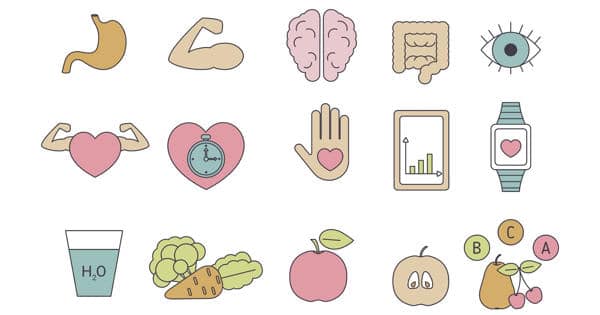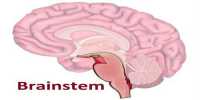According to new UC Riverside research in mice, exercising and eating a healthy diet as a child results in adults with larger brains and lower levels of anxiety. Though diet and exercise are consistently recommended as ways to promote health, this is the first study to look at the long-term, combined effects of both when they are experienced early in life.
“Almost without fail, when you go to the doctor with weight concerns, they recommend you exercise and eat less,” said study lead and UCR physiology doctoral student Marcell Cadney. “That is why it is surprising that the majority of studies only look at diet or exercise separately. We wanted to include both in this study.”
Given that exercise was also shown to reduce adult anxiety, Cadney believes children who face these challenges may face unique physical and mental health issues as they become adults in the coming decade.
Exercise and a healthy diet in childhood lead to adults with bigger brains and lower levels of anxiety, according to new research.
The researchers discovered that early-life exercise reduced anxious behaviors in adults in general. It also resulted in a rise in adult muscle and brain mass. When the mice were fed “Western” diets high in fat and sugar, they not only became fatter, but they also grew into adults who preferred unhealthy foods.
These findings were published recently in the journal Physiology and Behavior. To obtain them, the researchers divided the young mice into four groups: those who had access to exercise, those who did not, those who were fed a standard, healthy diet, and those who were fed a Western diet.
Mice began eating their diets immediately after weaning and continued for three weeks until they reached sexual maturity. After an additional eight weeks of “washout,” in which all mice were housed without wheels and fed a healthy diet, the researchers performed behavioral analysis, measured aerobic capacity, and hormone levels in a variety of mice.

Leptin, one of the hormones measured, is produced by fat cells. It aids in weight control by increasing energy expenditure and signaling that less food is required. Regardless of diet, early-life exercise increased adult leptin levels as well as fat mass in adult mice.
Previously, the researchers discovered that eating too much fat and sugar as a child can permanently alter the microbiome, even if they later eat healthier. The researchers intend to investigate whether fat or sugar is more responsible for the negative effects they observed in mice fed a Western diet.
Both studies, taken together, provide critical opportunities for health interventions in childhood habits. “Our findings may be useful in understanding the potential effects of activity reductions and dietary changes associated with obesity,” said Theodore Garland, an evolutionary physiologist at UCR. In other words, getting a head start on health in childhood is critical, and interventions may be even more critical in the aftermath of the pandemic.
“During the COVID-19 lockdowns, particularly in the early months, kids got very little exercise. For many without access to a park or a backyard, school was their only source of physical activity,” Cadney said. “It is important we find solutions for these kids, possibly including extra attention as they grow into adults.”
Our findings show that both factors can have long-term effects on adult voluntary exercise and related phenotypes, and that these effects are influenced by genetic factors. Overall, the long-term effects of early-life exercise were more widespread than those of WD, implying critical opportunities for health intervention in childhood habits as well as potential threats from modern challenges. These findings could help researchers better understand the effects of activity reductions and dietary changes associated with the obesity epidemic and COVID-19 pandemic.
Cadney believes that because exercise has been shown to reduce adult anxiety, children who face these challenges may face unique physical and mental health issues as they grow into adults in the coming decade.
The researchers intend to investigate whether fat or sugar is more responsible for the negative effects they observed in mice fed a Western diet. Previous research has shown that eating too much fat and sugar as a child can permanently alter the microbiome, even if they later eat healthier. Both studies provide important opportunities for health interventions in childhood habits.
















